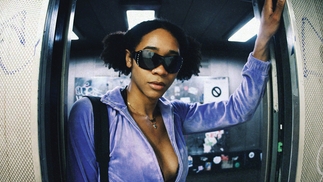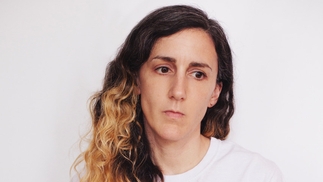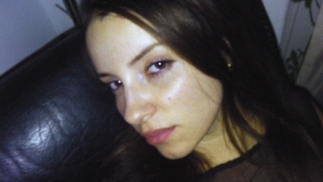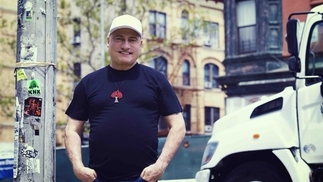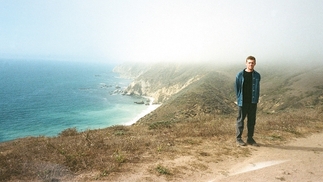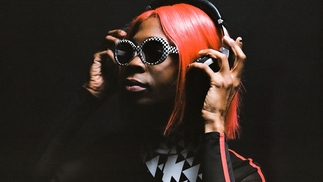Recognise: Analog Soul
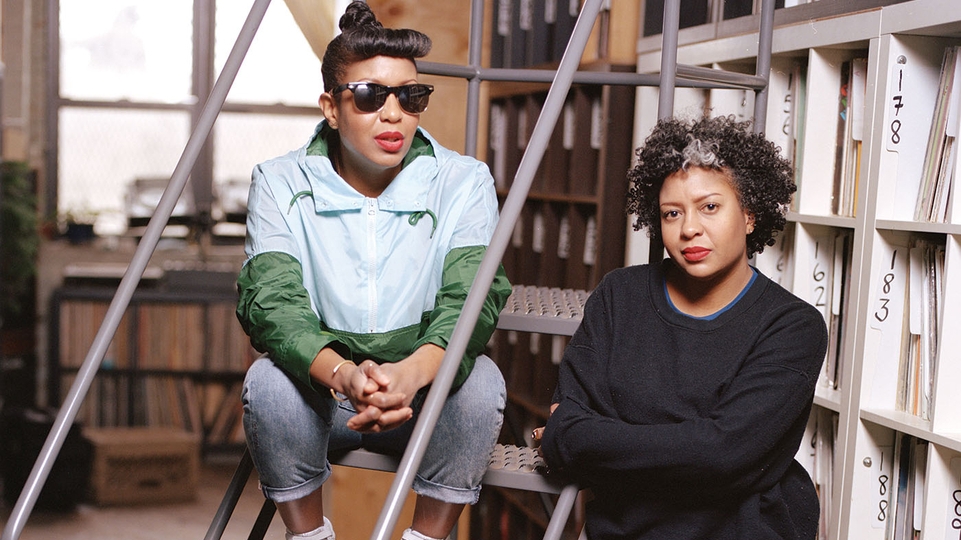
Two decades since they realised their destinies lay in music and DJing, NYC-based twins, Analog Soul, demonstrate their expansive and funk-filled sound for the Recognise mix series, and share their journey with Ria Hylton
Some 20 years ago, Jacky Sommer switched US coasts and headed east to New York. The Oakland native had just scooped a highly sought-after spot at The Ailey School and was planning on a dance career. Her twin, Kat Smith, arrived a year later, and in the shadow of 9/11 the pair began exploring the NYC underground scene. They found whole cultural enclaves wiped out by then-Mayor Rudolph Giuliani’s ‘civic cleanup’ and the community in fissures — thick lines had been drawn along genre. True, the legend of Larry Levan’s NYC showed signs, but for the moment paradise was closed.
Jacky, a born collector, began hitting up record stores and stumbled on CD compilation ‘Do You Know House?’, compiled by Dance Tracks record store owner Stefan Prescott. She headed to the East Village store and fell in love. “I walked in and I was like, ‘I'm supposed to work here’. I will never forget this feeling. I was like, ‘This is my life. I'm supposed to be in this store, everyday’." And so begins the story of Analog Soul.
It’s 8am Eastern Time when Jacky and Kat log on to Zoom. Jacky ‘arrives’ first and wants to talk shop about the London club scene. Her dream, she shares, would be to go back to the ‘90s and catch sets from the likes of Goldie and Jumpin’ Jack Frost. But we’re more interested in NY’s present — how are things over there? “We’re going through a really special time in New York,” she tells DJ Mag, “but things are getting too political and divided and that’s disheartening. We grew up with this music in the ‘90s and it was always just a vibe, you know?”
Analog Soul sets are deep, resonant and warm. Their club flex is expansive and funk-filled, while on radio they’re more likely to explore the softer and harder sounds in their collections, anything from free jazz to drum & bass. Kat will often rock up with tracks she’s only just heard and build sounds on the fly — “There’s a certain level of preparedness that has to go into each gig,” she tells us, “but I find that the less prepared I am, the more inspired I am” — while Jacky will settle on a few records ahead of time, just to lock in a feeling. “Literally the day of [a gig] I just have to get into a vibe,” she explains. “I’ll randomly go through a record or two and a vibe will hit me and I’m like ‘That’s it!’”
So preparation is light, but arguably the real prep is the decades spent digging. You sense that, in an Analog Soul set, each track has been chosen to build on what’s already come. And this is far from ‘all killer no filler’ territory, more a clear ordering of sounds, and in a way that allows each record to reveal itself, in its own time.
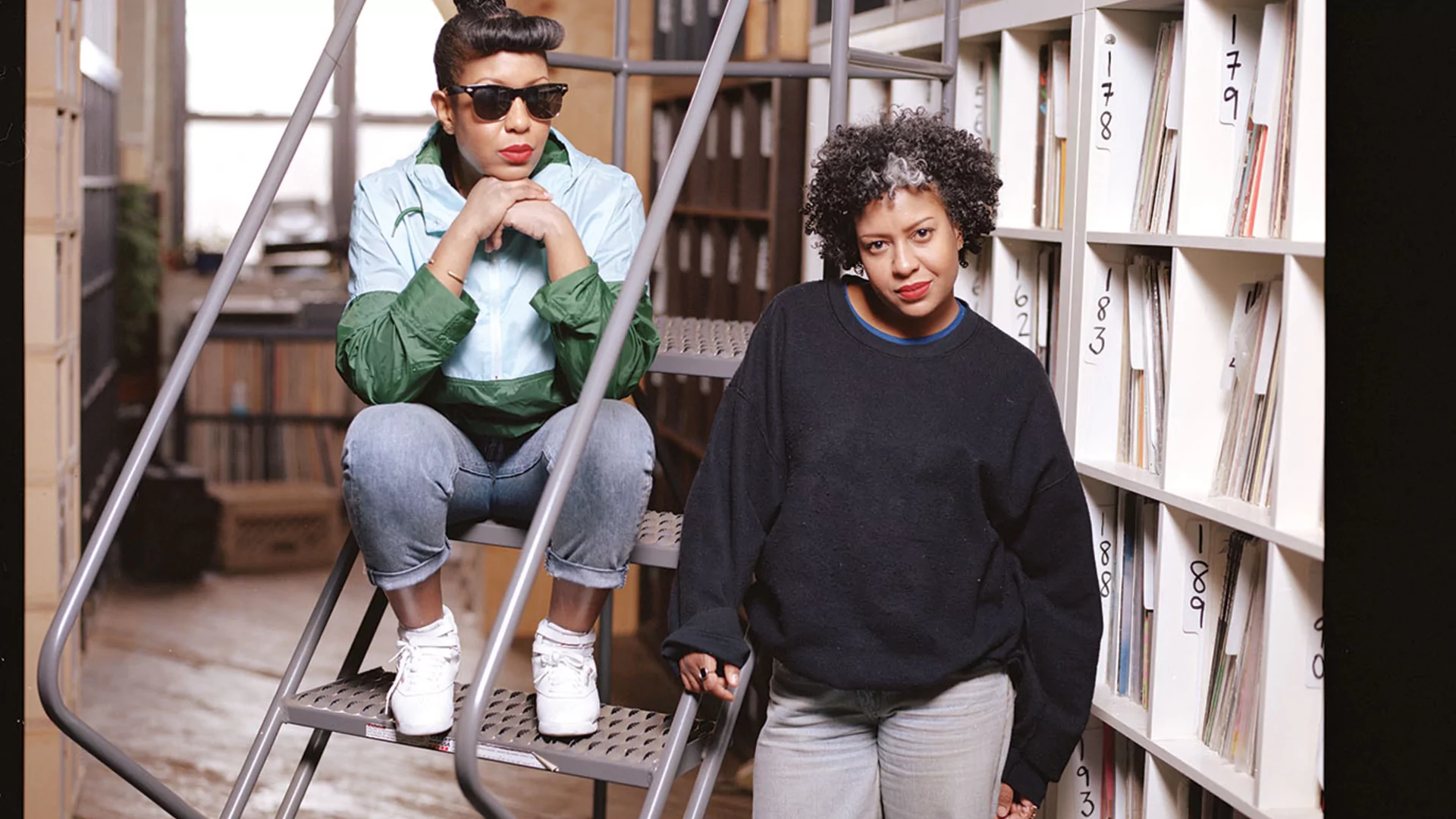
Analog Soul bridge the post-Levan house era with New York’s thriving new wave. The project began life proper on East Village Radio, an online station where Kat and Jacky held a weekly slot from 2004 to 2009. They were gifted the name by a friend and soon enough were earning bookings under the moniker. When not sharing music on their monthly slot on The Lot Radio or residency at Queens institution Nowadays, you might find Analog Soul working dancefloors at Good Room, Elsewhere and — before a fire forced its closure — Bossa Nova Civic Club.
These Brooklyn and Queens venues, founded in the mid-to-late ‘10s, were a breeding ground for underground talent — and for Analog Soul, they couldn’t come soon enough. “We got here at the end of a New York era. It wasn’t what it was before and it sucks that we missed the early-to-late ‘90s,” Jacky shares, noting the ease with which hip-hop and house heads would mingle at clubs like the Palladium. “We were going to different parties, but nobody else was jumping around the way we were jumping around.”
Kat chimes in: “If the music was good, we’d be there.” But by the turn of the millennium, as in the UK, the city’s house, techno and drum & bass scenes were living separate lives. This division showed in record sales too, with customers rarely venturing out of their chosen genres.
Not so anymore. If there’s anything that stands out to the pair, it’s the willingness of younger artists to break genre rank, dabble in other areas. Names like AceMoMA, Kush Jones and WTCHCRFT come to mind, producers who will drop a footwork track one week, jungle the next and futurist techno the week after. “The crowds are getting younger too, which is amazing,” Jacky adds, “because the music has to keep going!” Kat nods in agreement: “There are a lot of new faces. There are certain nights where I don’t really recognise anybody in the crowd, which is good — it means people are getting more exposure and there’s more crossover in the scenes.”
Born in the late ‘70s, Jacky and Kat straddle generations as well as underground eras. They were collecting records long before CDJs and digital formats were the industry standard, and saw the role the record store played in DJ culture, where sellers helped shape tastes, happy to suggest and hold back releases for regulars. “The record store — that’s where my education started,” Jacky tells us. When she landed the job at Dance Tracks she could tell Prescott was in search of new energy. “At that time people were stuck in the Paradise Garage era,” she says. “Nobody wanted to move past Larry Levan, but the music had to move on!” Her background in retail and pure enthusiasm won over the store owner: “I had my resume and Stefan saw my passion immediately.”
Kat and Jacky’s story with the underground really begins on the west coast. They were regulars on the Oakland and San Francisco clubbing circuits, but it was a party in LA that changed the direction of their lives. It was in the fall of ‘98 and their older sister had invited them to an underground spot where Eddie Amador was playing. “People were voguing and dancing like crazy. It was this massive energy in this small space,” Jacky tells us. “It was just magic — it was instant and I figured it out. I knew that I was supposed to be in music.”
For Kat, one of the things that stood out to her was the sense of protection she felt. “It was the vibe, it was the energy, community and safety,” she remembers, comparing the experience to previous club nights. “Before, going out was like, ‘I legit hope we’re not running for the car tonight, again’.”
They went back home in search of the sound they heard and soon realised they’d been listening to it all the time, watching their older brother breakdance to tracks like Cybotron’s ‘Clear’ on cardboard in the living room, believing it was hip-hop. “That particular sound, house music, Black music, has always been a part of our lives,” Jacky explains.
Too young to witness the dawn of house, but old enough to get a close up of its remnants, the pair have been inspired by the scene’s growth in the past half-decade, its sonic unity and forward-facing outlook. But if there’s anything they could return to, it would be the values laid down at the roots of the movement: equality, love, togetherness. Genres may mingle more easily now, but online attacks are making for a divided dancefloor.
“I think the thing that’s made us last is that we just love music, connection, and we love people,” Kat muses. The ‘music first’ ethos is something the pair are keen to bring back and she suggests the ‘no phones on the dancefloor’ policy as a way forward. “I like this idea of bringing the focus back to the space, engaging with the room. I know it sounds cheesy, but maybe that’s where we start — on the dancefloor.”
Listen to Analog Soul's Recognise mix below.
